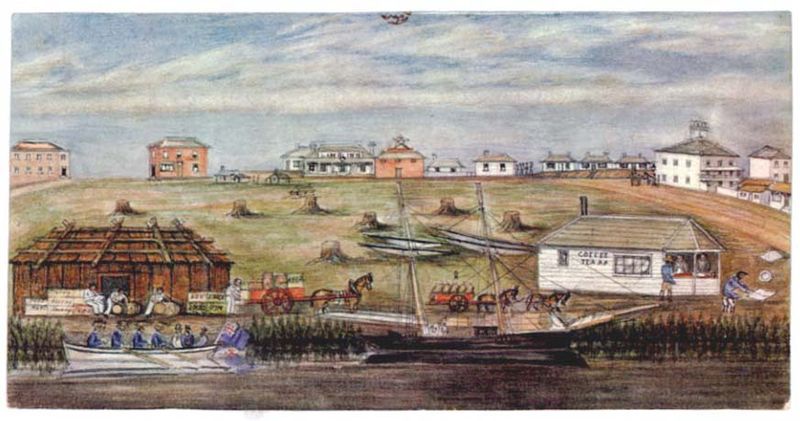Destroying both in the Taliban’s Afghanistan
From The Presbyterian Banner, April 2001
Rowland S. Ward
An article prompted by the outcry over the destruction of ancient Buddha statues by the Taliban.
It is very easy to forget that last century the conditions for women were often extremely difficult in Western countries. Women had only limited rights to property and to inherit. In New York and many other parts of the United States a century ago a mother had no right to her children borne in marriage. They were in effect the property of the father who could dispose of minor children even against his wife’s wishes. Women had no right to a trial by their peers but only by a panel of 12 men. Higher education for women was in its infancy 150 years ago. The notion that educated women would neglect housework and child-care was very general. When at last Cambridge University in England granted admission to women, women were denied a degree even if they passed the examination!
In this light I’m very pleased to note that Rev James Forbes saw to it that not just heads of families but women communicants had an equal vote with males in the Free Presbyterian Church of Victoria he founded in 1846.
Of course, among some feminists there remains a residual hurt/anger that contributes to an exaggerated emphasis on women’s rights which goes well beyond Biblical norms. In rejecting this men need to be sensitive to the way women have often fared at the hands of men – and in the not too distant past.
In other lands there has even been regression in the treatment of women. The Taliban government in Afghanistan is not only destroying a few cultural monuments, they are assaulting half the population. A recent email petition notes that women must be completely covered by the appropriate attire including mesh in front of their eyes. Women are not allowed to work or even go out in public without a male relative. Professional women such as professors, translators, doctors, lawyers, artists and writers have been forced from their jobs and restricted to their homes with very limited exceptions for certain health workers. Women live in fear of their lives for the slightest misbehaviour. Because they cannot work, those without male relatives or husbands are either starving to death or begging in the streets, even if they hold PhDs.
Depression is extremely widespread. At one of the rare hospitals for women, a reporter found still, nearly lifeless bodies lying motionless on top of beds, wrapped in their special garb, unwilling to speak, eat, or do anything, but slowly wasting away. Others have gone mad and were seen crouched in comers, perpetually rocking or crying, most of them in fear.
Women enjoyed relative freedom to work, to dress generally as they wanted, and to drive and appear in public alone until only 1996. The rapidity of this transition is the main reason for the depression and suicide. Women who were once educators or doctors or simply used to basic human freedom are now severely restricted and treated as subhuman in the name of right-wing fundamentalist Islam. It is not their tradition or ‘culture,’ but it is alien to them, and it is extreme even for those cultures where fundamental¬ism is the rule. Everyone has a right to a tolerable human existence, including women in a Muslim country. Such is the gist of the petition.
In India the treatment of women and girls was and remains very degrading in many situations. In this issue we look at the life of a remarkable Indian Christian woman who battled the Hindu attitude [see article on Pandita Ramabai (1858-1922) under the Church History category of this website]. And if any are inclined to think she may have taken too much on herself it might be useful to bear in mind that Deborah was used of the Lord precisely it would seem because most of the men of her time were failures. This is not to make a rule out of an exception, but· to remind us that the relationship of men and women is never perfect. Sin has spoiled it and sometimes a forcible reminder is necessary. The divine right of kings was a myth, so is the divine right of men. Men have particular responsibilities but not an essential superiority over those who with them share the divine image, and with whom they should be heirs together of life in Christ.

Comments are closed, but trackbacks and pingbacks are open.